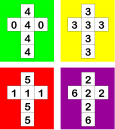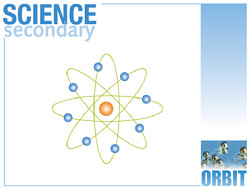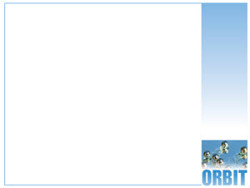ORBIT: Difference between revisions
| Line 12: | Line 12: | ||
[[Exploring shape and its mathematical language through sorting activities]] | [[Exploring shape and its mathematical language through sorting activities]] | ||
}} | }} | ||
= Browse our resources = | = Browse our resources = | ||
Revision as of 11:53, 4 September 2012
The “Open Resource Bank for Interactive Teaching” (ORBIT) features resources promoting interactive teaching for primary and secondary schools. ORBIT is aimed at use in formal HE teaching (PGCE), use in training schools and by teacher mentors, as well as continuing professional development for in-service teachers. ORBIT makes existing higher education expertise on teacher education as widely available as possible to other teacher education providers both within HE and otherwise. (More information about ORBIT.)
Featured resources
Relevant resources
| Probability | Playing with Probability - Efron's Dice | |

|
I have some dice that are coloured green, yellow, red and purple... Efron's dice provide a discussion(ta) topic for joint reasoning(ta) - whole class(ta) or in group work(ta). Pupils can explore aspects of mathematical thinking(ta) particularly with relation to probability.
| |
| Progression | Developing Progression in Primary Science | |

|
Progression and the wonders of 'one-ness' and 'two-ness' A first part on ‘developing progression in science investigations’ could be used to prompt discussion on how far we expect pupils to develop, and the sorts of inquiry(ta) which encourage this.
The second part, 'indicators of Level 1 and 2ness', provides a useful set of criteria for assessing national curriculum levels. These criteria prompt thinking about assessment(ta) levels in curriculum development(topic). A concrete outcome of the activity may be to keep such criteria in a mark book for day-to-day use. | |
Browse our resources

|

|

|

|

|

|
Topic Cloud
~~ in progress ~~
